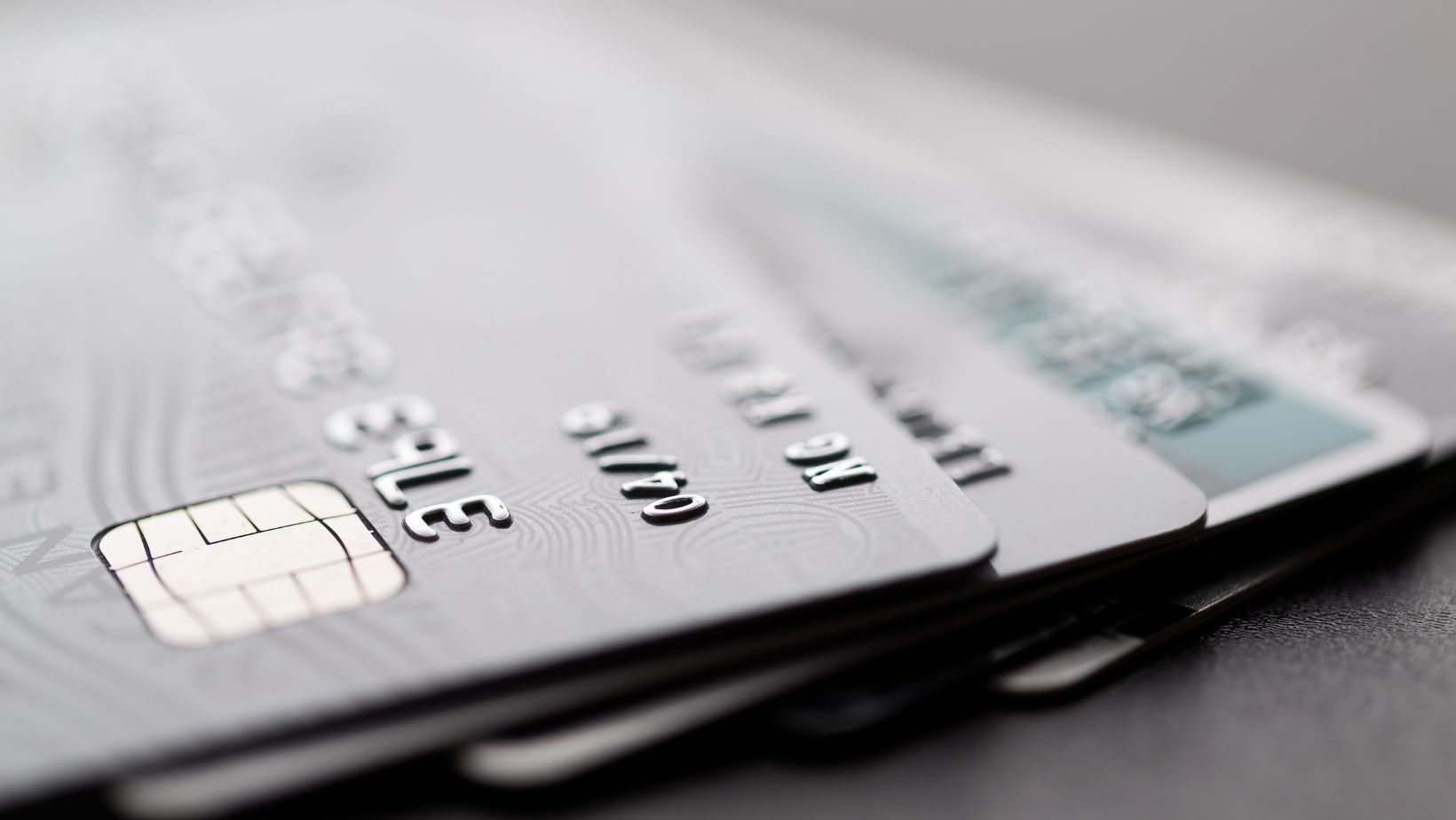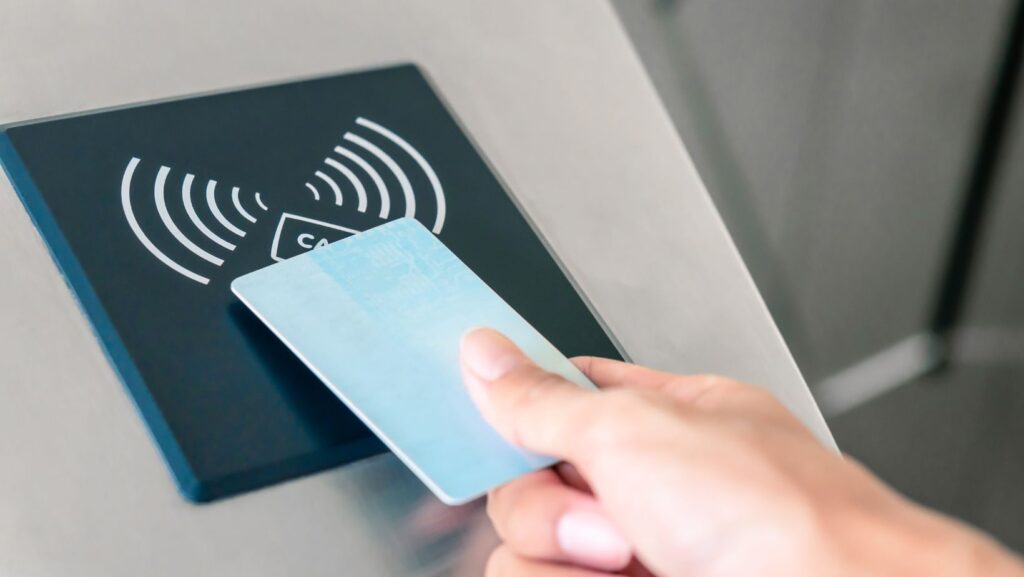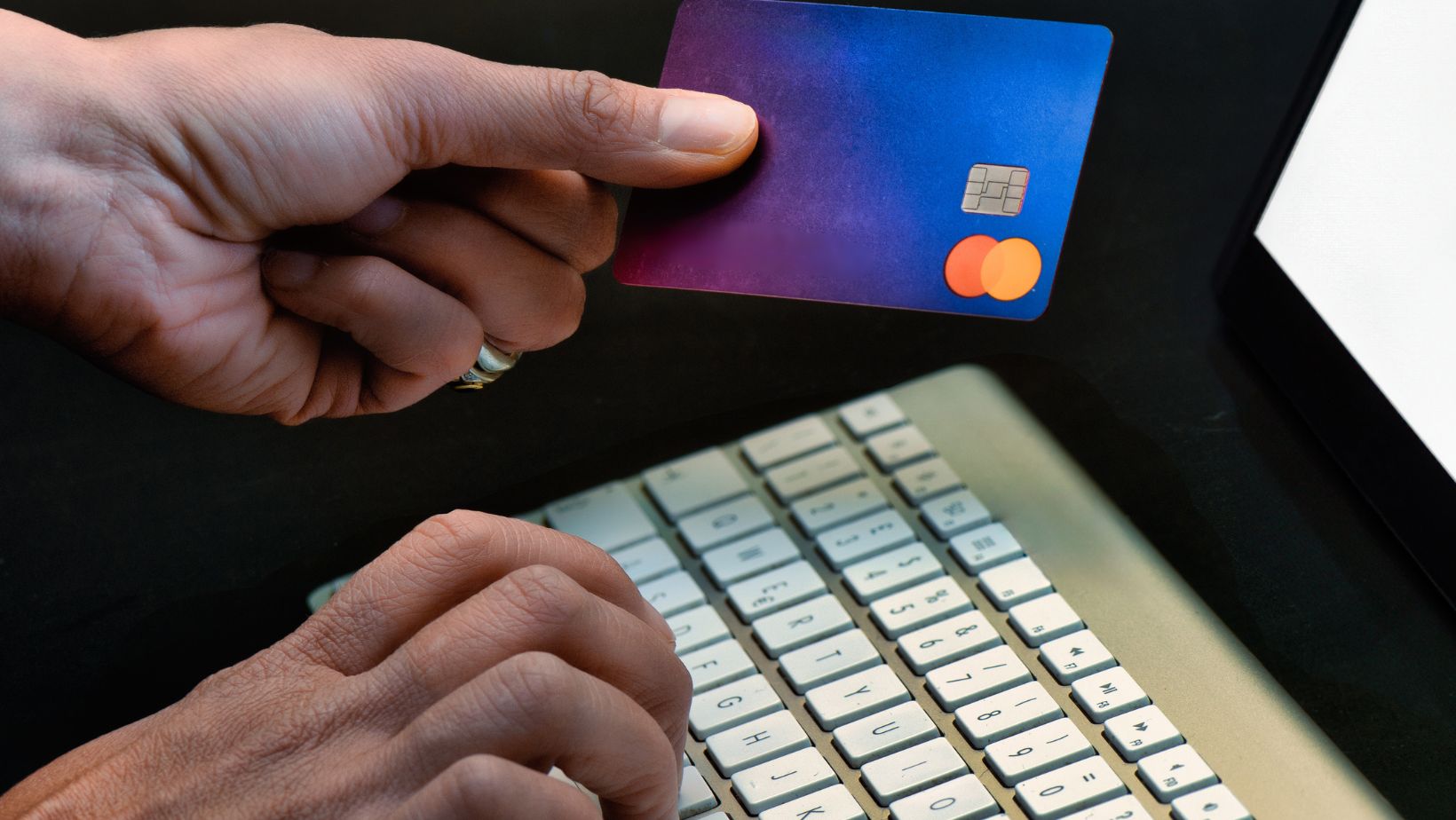Today, professionals rely heavily on networking to expand their business opportunities and establish meaningful connections. Traditional paper business cards have been a staple in this process for centuries, serving as compact representations of one’s professional identity.
However, the rise of digital technology has transformed many conventional practices, including how people exchange contact information. This is where the electronic business card comes into play. It’s an innovative and sustainable alternative tailored to the needs of the modern professional. One popular example is including a QR code on a business card, allowing instant access to a digital profile, portfolio, or contact details with a simple scan. But what is an electronic business card, and how can it be a digital networking solution?
Read on to learn more.
The Basics of Electronic Business Cards
Electronic business cards, or digital business cards, are virtual versions of traditional business cards. They allow users to share contact details, including name, job title, company name, phone number, email address, and social media profiles, in a digital format. These cards are typically created and managed through mobile apps or online platforms, making them accessible and shareable via smartphones, tablets, and computers.
Furthermore, digital business cards can leverage technology such as QR codes, Near Field Communication (NFC), or direct links to instantly share contact information. Recipients can save the shared details directly into their device’s contacts, eliminating the need to manually input data—a common drawback of paper cards.
Ultimately, an electronic business card combines the essential functions of traditional cards with the convenience and versatility of digital tools. For instance, providers specializing in electronic business card can offer dynamic ways to share and update contact details, making them indispensable assets in a fast-paced, tech-driven world.
Benefits of Electronic Business Cards
Today, electronic business cards can revolutionize networking by taking advantage of the following benefits:
Eco-Friendly and Sustainable
Unlike traditional paper cards, which contribute to deforestation and waste, digital business cards can align with eco-conscious initiatives. By choosing electronic solutions, professionals can significantly reduce their carbon footprint while promoting sustainability.
Cost-Effective
Printing business cards repeatedly can be expensive, especially when job titles, roles, or contact details frequently change. Electronic business cards are a cost-effective alternative, as they can be updated instantly without incurring additional expenses.
Easy to Update
One of the most significant advantages of electronic business cards is their ability to be updated in real-time. Users can modify their details and ensure that recipients always have access to the latest information without needing to distribute new cards.
Enhanced Interactivity
Digital cards can include interactive elements such as clickable links, embedded videos, and direct connections to social media profiles. These features can enhance user engagement and provide more context about the individual or business.
Features That Make Electronic Business Cards Stand Out
Electronic business cards redefine professional networking with standout features. These include:
Customization Options
Modern platforms for digital business cards allow extensive customization to reflect a brand’s identity. For instance, users can incorporate company logos, custom colors, and personalized templates to leave a memorable impression.
Cross-Platform Compatibility
Electronic business cards are designed to work seamlessly across multiple devices and platforms. Whether the recipient uses an iOS or Android device, or even a web browser, these cards can ensure compatibility and ease of use.
Analytics and Insights
Certain virtual business card solutions can provide analytics by allowing users to track when and how their cards are accessed. These insights can help professionals measure the effectiveness of their networking efforts and refine their strategies.
Contact Management Integration
Many electronic business card platforms can integrate with Customer Relationship Management (CRM) systems. This feature streamlines contact management by automatically syncing shared details with existing databases.
The Role of Electronic Business Cards in Modern Networking

Electronic business cards play a pivotal role in modern networking through the following:
Adapting to Virtual Events
The rise of remote work and virtual events has made digital networking tools indispensable. Electronic business cards can provide a seamless way to share information during online meetings, webinars, and conferences.
Supporting Global Connectivity
In an increasingly globalized business environment, electronic business cards can make it easier to connect across borders. They can eliminate logistical challenges like shipping and printing, making them ideal for international networking.
Streamlining Follow-Ups
Following up after networking events becomes more efficient with digital cards. Recipients can quickly access and respond to contact details, leading to faster and more meaningful engagement.
Transitioning From Paper to Digital
To begin using electronic business cards, professionals can select a platform that aligns with their needs. Some popular options offer user-friendly interfaces, robust customization features, and seamless integration with other digital tools.
Furthermore, some best practices for using electronic business cards include:
- Keep It Professional: Ensure the card design reflects the brand identity.
- Test Before Sharing: Verify that links and interactive elements function correctly.
- Use QR Codes Strategically: Place QR codes in email signatures, on social media profiles, or on printed materials for hybrid networking.
With these practices in mind, professionals can maximize the power of networking to gain more business opportunities.
Key Takeaways
Electronic business cards represent a significant leap forward in how professionals exchange and manage contact information. By keeping the information presented above in mind, individuals and businesses can enjoy numerous benefits, including cost savings, environmental sustainability, and improved efficiency. As networking continues to evolve in the digital age, tools like these will undoubtedly become the new standard for professional connections.




